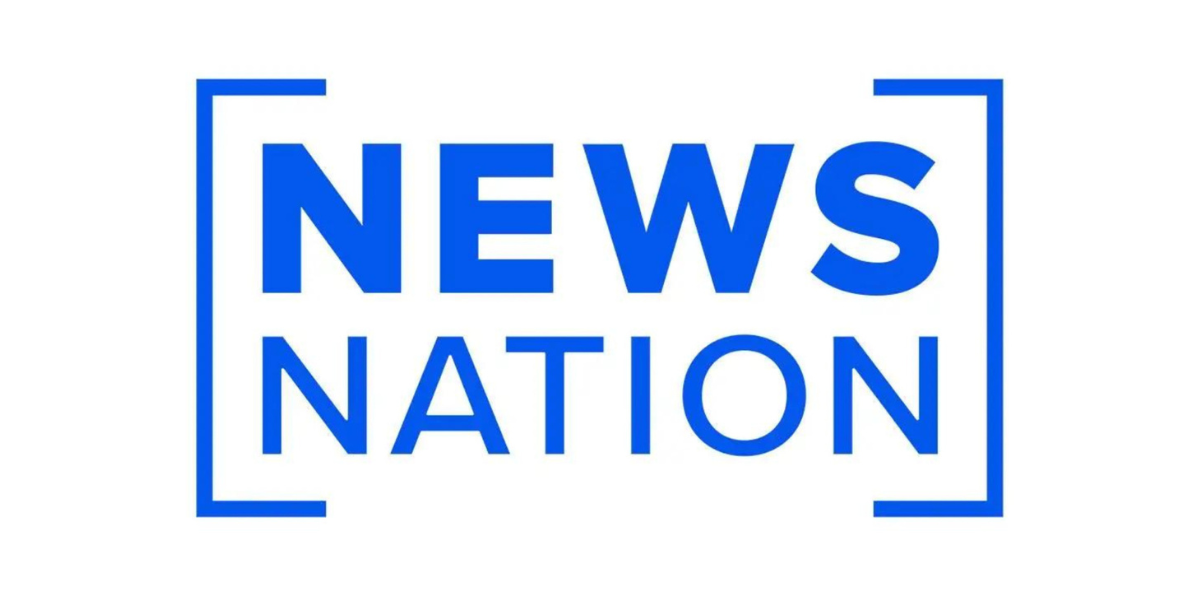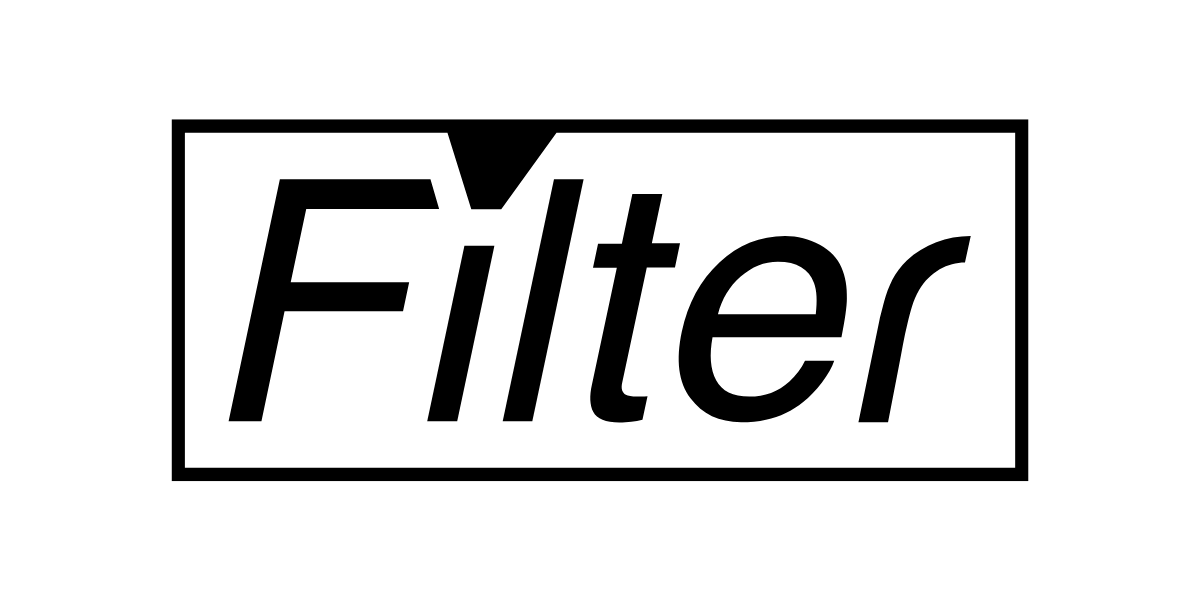
NewsNation: Some Veterans with PTSD turning to psychedelics
For many veterans, the battle continues at home with PTSD. A new film, "In Waves and War," follows three Navy SEALs, including Marcus Capone, who travel to Mexico to try Ibogaine, a powerful but illegal psychedelic, as an alternative treatment for trauma and addiction. Capone joins NewsNation to share his story.


The Gripping Story Behind Netflix’s In Waves and War
In the article, titled “The Gripping Story Behind Netflix’s In Waves and War,” writer Olivia B. Waxman explores how the documentary shines a bright light on a group of U.S. Navy SEALs using the psychedelic substance ibogaine to treat PTSD and depression. The piece details how veterans traveled abroad for treatment, how researchers at Stanford University are following their progress, and how the film spotlights the broader veteran‑suicide crisis and the role of the nonprofit Veterans Exploring Treatment Solutions (VETS) in making this story visible.

- 10.31.2025
- News
International Documentary Association: Producer's Diary: 'In Waves and War'
In this behind-the-scenes peek, filmmakers Bonni Cohen, Jon Shenk, and Jessica Anthony detail the production and impact pivots of their Participant-funded feature, 'In Waves and War.'

